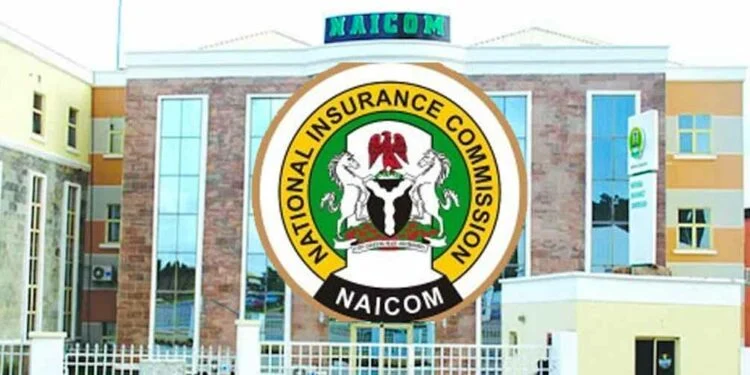A Digital Economy Report by the Groupe Special Mobile Association, the umbrella organization representing mobile operators worldwide, has revealed that just 29% of Nigerians have regular access to mobile internet, leaving a significant 71% of the population without consistent connectivity.
Highlighting the findings of the report, GSMA emphasized the challenges hindering the expansion of telecom coverage in Nigeria, attributing the low accessibility to several industry hurdles.
In its assessment, GSMA underscored the critical need for Nigeria to establish a conducive policy and regulatory framework to unlock the full potential of its digital transformation efforts. The report cited the Strategic Plan 2023 – 2027 and the National Broadband Alliance for Nigeria (NBAN) by the Federal Ministry of Communications as key initiatives aimed at driving digital inclusion.
Stressing the indispensability of universal digital connectivity for Nigeria’s broader economic transformation, GSMA projected that with the right policy interventions, the country could potentially add 15 million internet users by 2028.
The report stated, “While 29% of Nigerians are regularly using mobile internet, there remains untapped potential, 71% are not accessing these services regularly. An improved policy environment has the potential to help the industry boost coverage and adoption, resulting in 15 million additional internet users by 2028.”
Among the challenges impeding infrastructure development, GSMA highlighted the complexities and costs associated with securing Rights of Way (RoW), which significantly prolong the rollout process. Additionally, the report cited Nigeria’s intricate tax landscape as a contributing factor to the high operational costs faced by the industry.
Angela Wamola, Head of Sub-Saharan Africa at GSMA, emphasized the pivotal role of high-speed connectivity in driving digital transformation, stressing the need for future policies aimed at reducing infrastructure costs to encourage investment and foster mobile broadband adoption.
Wamola remarked, “Future policies should be geared towards reducing the cost and complexity of infrastructure rollout to encourage investment and boost the adoption of mobile broadband. The impact of such actions would go far beyond mobile, driving productivity gains across the economy and creating millions of new jobs in Nigeria.”
In response to the report, the Nigerian government continues to explore alternative solutions to address the challenges facing the telecom sector. Minister of Communications Innovations and Digital Economy, Bosun Tijani, emphasized that tariff increases alone are not the optimal solution, highlighting the need for a comprehensive approach to create a conducive business environment for investors.











